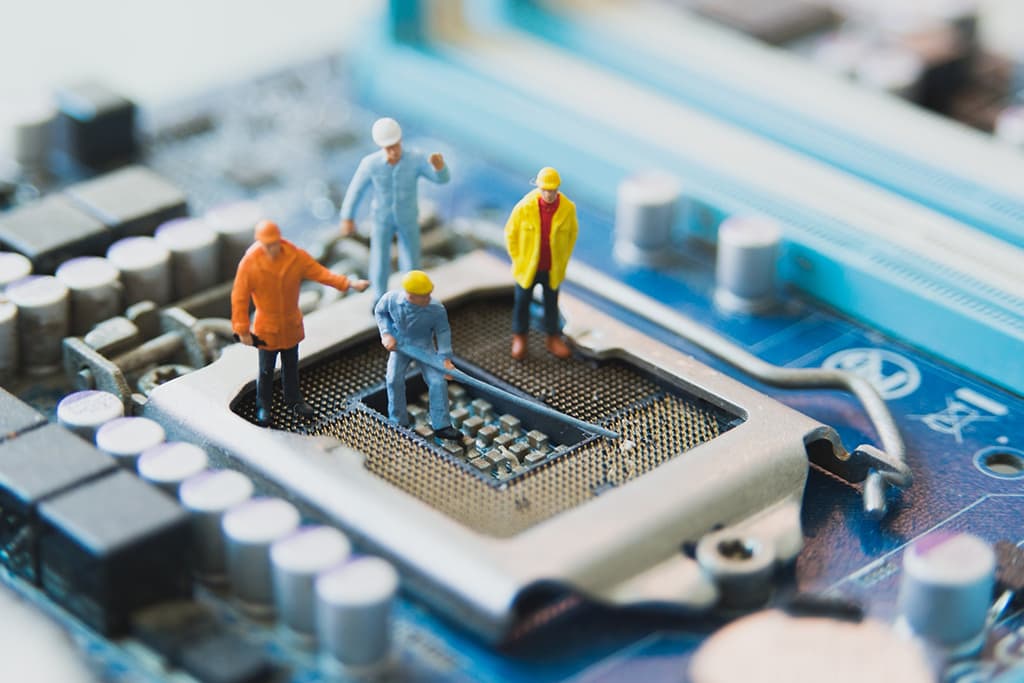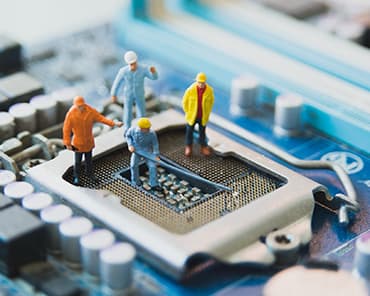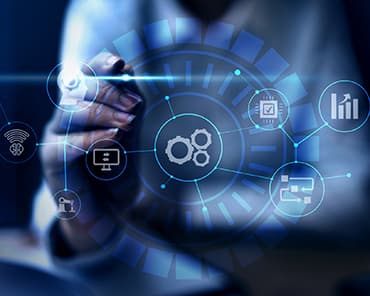- Info@a3softs.com
- Plot no. 123 Rajini vihar, Jaipur, Rajasthan
Computing Power: An Overview

Computing Power: An Overview
Computing power refers to a computer's or computing system's capacity to carry out complicated calculations and duties in a timely and effective manner. The phrase describes how much work a system can complete in a specific period of time and is measured in terms of processing speed, memory size, and other elements that affect a computer's overall performance.
As the demands of modern technology have grown, computing capacity has become more significant in recent years. Computing power has become a crucial component in allowing organizations to make sense of enormous amounts of information and develop novel insights and solutions. This is especially true in light of the proliferation of big data, machine learning, and artificial intelligence.
The central processing unit (CPU), which is in charge of carrying out calculations and carrying out orders, is at the core of computing power. Clock speed, which refers to the number of cycles per second at which it can process instructions, is usually used to describe the CPU's performance. Higher clock speeds enable CPUs to process more calculations per second, which increases their computing capacity.
The amount of memory and storage a computer has, in addition to the CPU, affects how powerful it is altogether. The amount of data that a computer can process at any given moment is determined by its memory capacity, which is typically measured in gigabytes (GB) or terabytes (TB). On the other hand, a computer's storage capacity governs how much data it can permanently keep and access.
The existence of specialized hardware or co-processors is another aspect that affects computing power. When combined with a CPU, graphics processing units (GPUs), which are made especially to carry out complex graphics computations, can significantly boost a computer's processing power. Similar to programmable chips, field-programmable gate arrays (FPGAs) can speed up complicated calculations and algorithms because they can be configured to carry out particular tasks.
The development of cloud computing has been one of the most important trends in computing power in recent years. Through the internet, cloud computing enables businesses to utilize enormous amounts of processing and storage capacity without having to spend money on costly hardware and infrastructure. This has democratized access to computing power and allowed small and mid-sized businesses to fight in their respective markets against bigger, more established players.
The ability to process and analyze massive amounts of data, create novel insights and solutions, and gain a competitive advantage in today's fast-paced business environment all depend critically on computing power. The value of processing power will undoubtedly increase as technology develops and advances, and businesses that can successfully utilize this power will be well-positioned for success in the years to come.



